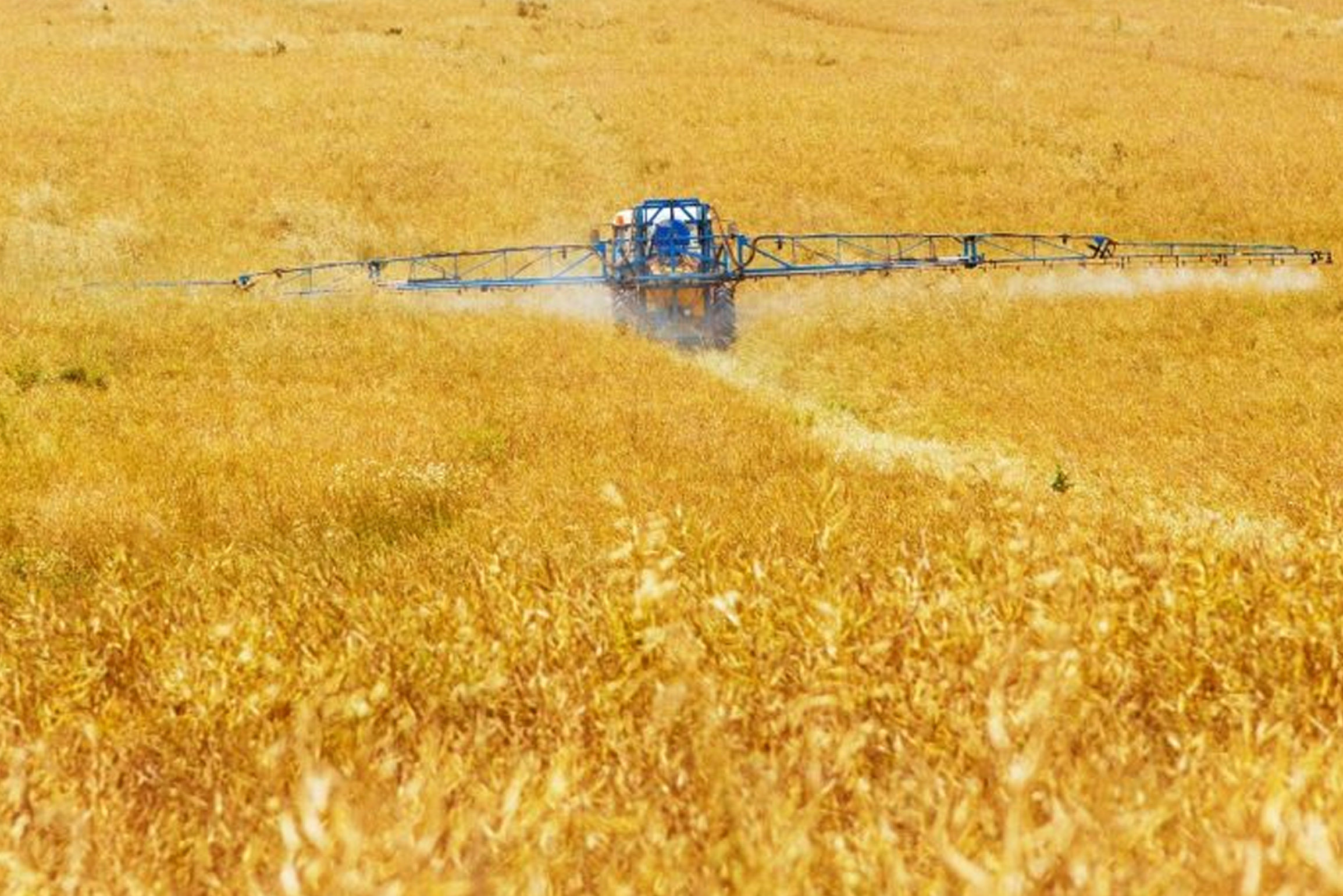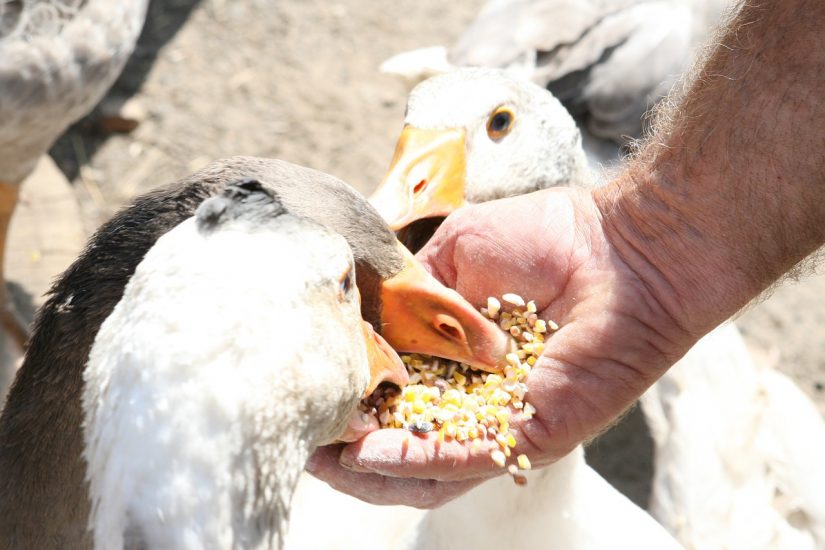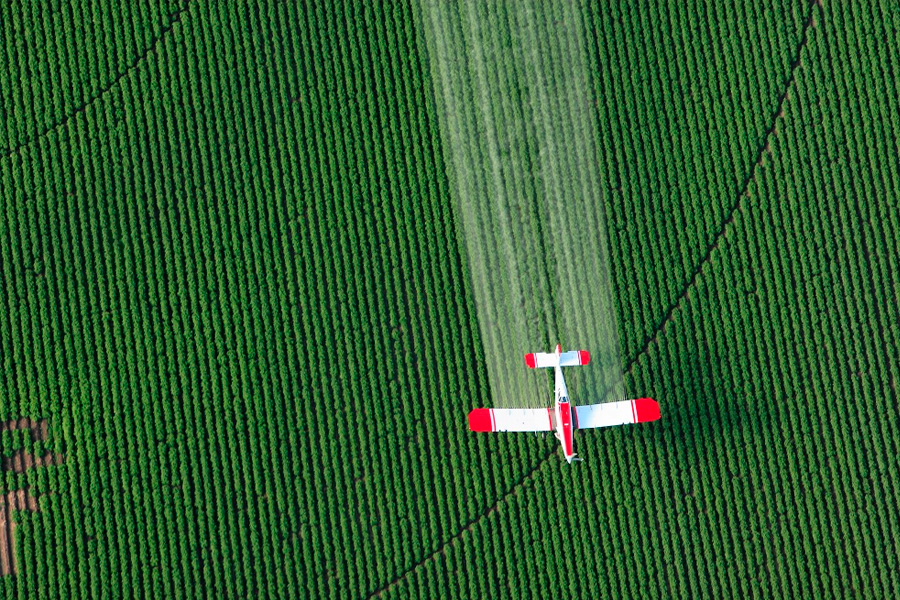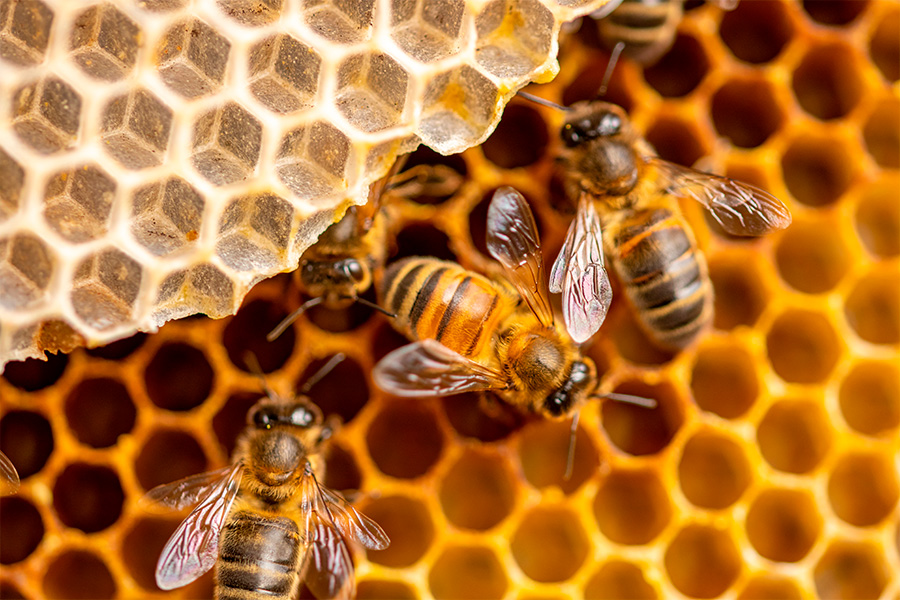The Impact of Agricultural Chemicals
In the modern world especially industrialized countries where capitalism plays a major role in every trade and industry including agriculture, the pursuit of profit is the motivation for every capitalist. The impact of agricultural chemicals on the environment and human health must be taken into consideration.
Modern agriculture or Agribusiness is an evolving approach to agricultural innovations and farming practices that helps farmers increase efficiency in its production. These innovations, by the use of emerging technology, involve the development and improvement of hybrid seeds and plant breeding, agrichemicals, farm machinery and energy subsidies in the form of irrigation water, fertilizers, and pesticides. Sometimes the term “Modern agriculture or Agribusiness” is portrayed in a negative light, synonymous with “Corporate farming “ which is a term used to describe an agriculture practiced on a large scale by companies or corporate ownership. This includes the roles of these corporate owners in influencing education, research, and public policies on agricultural and farm systems through funding initiatives and lobbying efforts. As such, it is often contrasted with smaller family-owned farms and agricultural business whose goal is more towards low impact farming and sustainable development in agriculture with an ethical drive.
Industrial agriculture and Industrial Chemicals
The practice of industrial agriculture is often referred to as the industrialized production of crops or, in short, a large-scale farming where businesses are more concerned with profitability and cost minimization rather than quality or environmental sustainability. According to the theory of production, a business maximizes profit by operating where marginal revenue equals marginal cost, likewise, in industrial agriculture, the maximization of crop productivity and resources use efficiency has led to the increment in the demand of agricultural chemicals, specifically pesticides including herbicides, insecticides, fungicides, and nematicides. Agrichemicals or agrochemicals, a contraction of agricultural chemicals, are chemical compounds or substances used in agriculture to improve soil fertility and regulate plant growth (chemical fertilizers) or to protect plants from pests (chemical pesticides)The global agrochemicals market, in terms of value, was USD 215.18 billion in 2016 and is projected to reach USD 308.92 billion by 2025, growing at a CAGR of 4.1% from 2017 to 2025, with Asia Pacific being witnessed as the highest demand of agrochemicals in 2016 and is anticipated to be driven by the various factors i.e. the rapid population and income growth, food industry modernization, etc., according to a new report by Grand View Research, Inc. The same story goes ironically with the growth of very serious illnesses such as cancer and even death in both human beings (especially direct users like farmers) and animals from the impact of these agrichemicals use.
Human Health and the Ecological Effects of Hazardous Agrichemicals
A recent controversial issue on the use of Paraquat, Glyphosate and Chlorpyrifos has drawn public attention to an awareness of harmful effects and health risks associated with these highly hazardous chemical pesticides. Paraquat and glyphosate are highly poisonous chemicals that are widely used as herbicides (plant killers), primarily for weed and grass control. They cause direct damage when they come into contact with the lining of the mouth, stomach, intestines, or the lungs if they are inhaled, and are also possible after skin exposure. Chlorpyrifos, more or less likewise, is a broad spectrum pesticide, or in a nutshell, a toxic chemical used to kill a wide variety of pests including insects and worms. It belongs to the same class of chemicals as sarin gas, a class called organophosphates, and is well known for its damaging effects on the human nervous system and has been linked to neurological issues in children. At very high exposures by inhaling, eating or contacting it on your skin Chlorpyrifos can cause cholinesterase inhibition in humans, meaning, it can overstimulate the brain and nervous system causing dizziness, confusion, nausea and at a critical level, respiratory paralysis and death.
In addition to the direct impact on human health, chemical fertilizers and pesticides also have drastic effects on the environment and the ecological system. They adversely deteriorate soil health and quality, leading to the depletion of essential nutrients and natural organic matter to plants, on top of that, soil physicochemical and biological processes are disturbed as a result of the excessive use of these chemicals. Besides, the irrigation water is contaminated, thus, water quality is reduced and clean freshwater becomes scarce. Soil and water pollution are two of the five basic categories of environmental pollution and are the cause of biodiversity loss and extinction in the ecosystem.
Organic Agriculture and Safety Precautions in Modern Consumption
Recently, the use of these agrochemicals has been banned or withdrawn for health or environmental reasons in many countries. We, as the direct consumer ourselves, need to always be aware and cautious in what the food industry supplies and provides to us. “Going or Eating Organic” is not a trend, it is a return to tradition, a tradition of organic farming where the use of chemical fertilizers and pesticides are excluded from the production system. Organic farming uses biological materials, plant extracts, and organic wastes as fertilizers to nurture plants and soil health, and as pesticides to control pests. As a result, consuming products that are cultivated through organic farming is totally safe from harmful chemicals, and consequently, reduce the risk of foodborne illnesses, serious chronic diseases, and premature death.
Put your health before your wealth. Going Organic is a choice.






